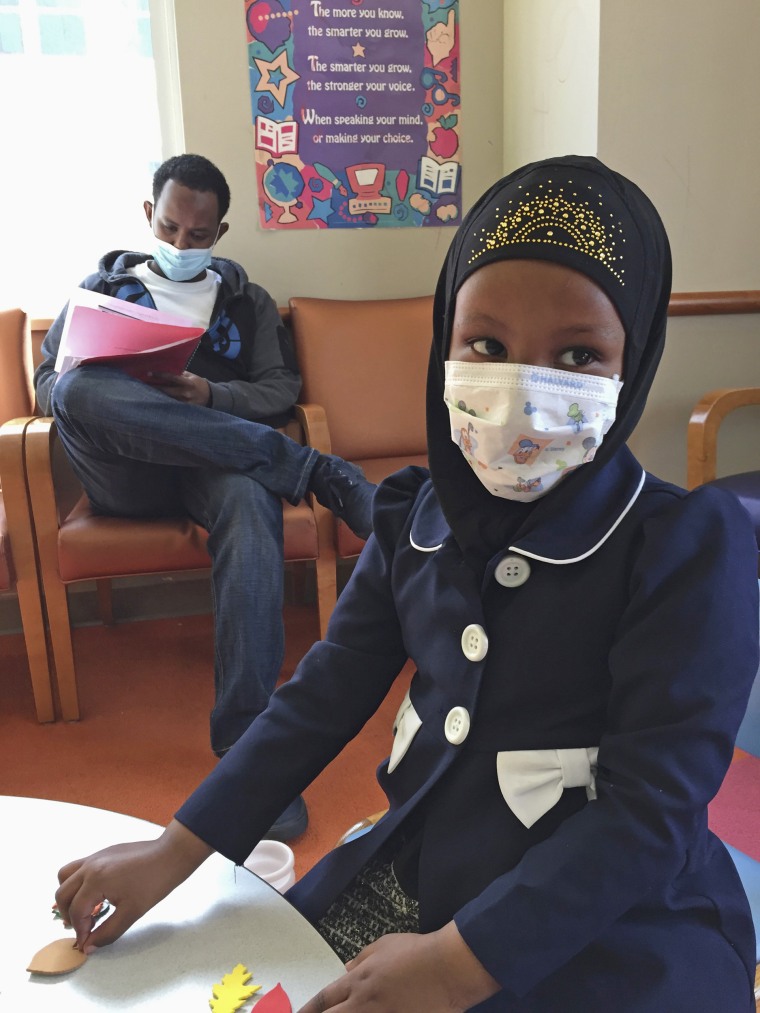Anyone traveling to Britain or Greece for the holidays should make sure they have been vaccinated against measles, the Centers for Disease Control and Prevention cautioned this week.
The CDC added England and Greece to a list of countries where measles is circulating.
The highly infectious virus has been causing outbreaks across Europe over recent months and travelers can spread it.
There’s no home-grown measles in the U.S. any more but travelers can bring it back and if people are unvaccinated or undervaccinated, they can become infected and start an outbreak.
Related: Minnesota measles outbreak sent kids to hospitals
“CDC recommends that travelers to England protect themselves by making sure they are vaccinated against measles with the MMR (measles, mumps and rubella) vaccine,” the agency said in a travel watch.
“Before departure from the United States, infants (6 through 11 months of age) should have one dose of MMR vaccine, and adults and children over 1 year of age should have 2 doses of MMR vaccine separated by at least 28 days,” the CDC added.
“Clinicians should keep measles in mind when treating patients with fever and rash, especially if the patient has recently traveled internationally.”
English health authorities have reported more than 50 measles cases in Leeds, Liverpool and in Birmingham. More than 500 cases have been reported in Greece.
Measles is so easily spread that it can be transmitted even after an infectious person leaves a room. About 90 percent of people who are not vaccinated will become infected if they are exposed to measles.
Symptoms include high fever, a distinctive rash and irritated eyes. It can cause severe complications including blindness, encephalitis, severe diarrhea, pneumonia and even death.
Related: Your biggest risk for measles may be a trip to Europe
There’s been a measles vaccine since the 1960s. Before mass vaccination began in the 1980s, measles killed nearly 2.6 million people a year, the World Health Organization says. Last year, WHO says, measles killed 89,780 people.
The U.S. fought off an outbreak in 2014 and 2015 that started with an imported case in California’s Disneyland. At least 147 people were infected.
Nearly 9 million U.S. children are not fully vaccinated against measles and risk getting infected, according to a 2015 report.
Europe has been struggling to control measles for years. One of the worst in recent years was 2013, when there were more than 10,000 cases across Europe. From July 2014 to June 2015, there were 4,224 cases, most of them in Germany, and 1,818 cases were reported from summer 2015 to July 2016.
CDC issued measles travel watches for Italy, Romania, Indonesia, Ukraine and the Democratic Republic of the Congo earlier this year.

